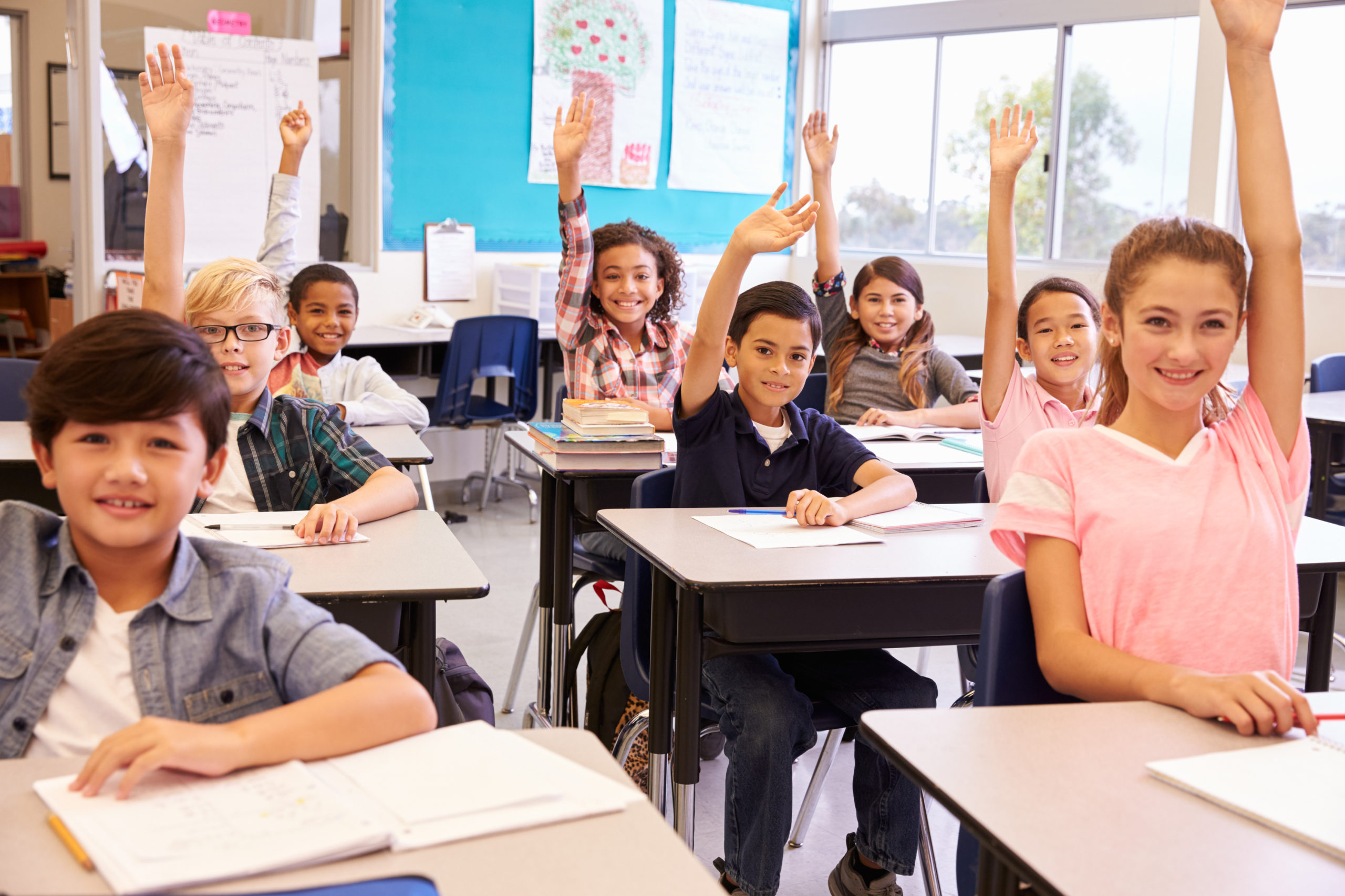The Function of Moms And Dads and Educators in the Effort to Save Temecula Schools
The Function of Moms And Dads and Educators in the Effort to Save Temecula Schools
Blog Article
Just How Schools Play a Critical Duty in Shaping Future Leaders and Trendsetters
By integrating project-based knowing and interdisciplinary research studies, educational establishments challenge pupils to assess and manufacture complicated information. Educators serve as mentors, directing pupils and nurturing their capacity, while extracurricular activities even more develop management abilities and strength.
Promoting Essential Believing
In today's swiftly progressing world, cultivating vital believing within academic establishments has come to be critical. As culture comes to grips with significantly complicated international challenges, the capability to analyze, assess, and synthesize information is crucial. Schools play a vital duty in creating these skills, preparing trainees to browse and resolve complex troubles with informed, reasoned decisions.
To grow vital reasoning, educators use numerous instructional methods that urge energetic understanding and intellectual interaction. Class conversations, problem-based discovering, and Socratic examining contribute in advertising reflective and logical thought procedures. By testing trainees to question presumptions and think about several perspectives, these methods guarantee a much deeper understanding of subject matter beyond memorizing memorization.
Furthermore, integrating vital thinking across the educational program enhances its significance and applicability in diverse contexts. Subjects such as maths, scientific research, history, and literature each deal special possibilities to create trainees' vital faculties. For instance, assessing historic events requires understanding and assessing resources context, while clinical inquiry needs rigorous theory testing and evidence-based thinking.
Eventually, instilling critical assuming abilities in students furnishes them with the cognitive tools needed for long-lasting learning and flexibility. It is with this foundational competence that future leaders will certainly have the ability to innovate, address troubles, and contribute meaningfully to society.
Encouraging Creative Thinking
Accepting creative thinking within instructional frameworks galvanizes students to believe past traditional limits and discover innovative options. By integrating artistic endeavors and innovative reasoning exercises right into the educational program, schools grow an atmosphere where creativity and imaginative idea are valued. This approach not only enriches the academic experience but likewise gears up trainees with the capability to deal with real-world difficulties in unique methods.
University can cultivate creativity through varied means such as project-based knowing, interdisciplinary research studies, and the incorporation of arts and innovation. Project-based understanding, for instance, motivates pupils to apply their knowledge in useful, usually joint, projects that require innovative analytic skills. Interdisciplinary researches permit pupils to attract links in between different topics, therefore widening their point of views and improving their creative capabilities.
In addition, giving students with chances to engage with arising innovations, such as coding and digital style, additionally nurtures their imaginative potential. These tasks prompt trainees to experiment, stop working, and iterate, which are crucial parts of the imaginative procedure (Save Temecula Schools). By maintaining a helpful environment where trial and error is encouraged, colleges can ensure that pupils establish the self-confidence to go after cutting-edge ideas
Fundamentally, supporting creativity in instructional settings is important for shaping future leaders and innovators efficient in dealing with complicated worldwide concerns with ingenuity.
Supporting Cooperation

Applying group-based understanding modules and participating tasks enables trainees to experience the characteristics of synergy firsthand. This not only prepares them for the collective nature of contemporary offices however additionally supports leadership high qualities as they commonly need to handle functions such as task managers or team coordinators. In addition, cooperation in the class can damage down social barriers and advertise inclusivity, ensuring that each student really feels valued internet and listened to.
In addition, integrating modern technology can additionally support collaborative efforts. Tools like shared interactive platforms and digital work areas enable trainees to interact efficiently, even outside the class. As pupils create these joint abilities, they are much better equipped to take on complicated obstacles and introduce, laying the groundwork for their future roles as innovators and leaders.
Duty of Teachers as Mentors

Mentorship involves individualized focus, where educators identify and nurture private strengths and address weaknesses. Save Temecula Schools. Through individually communications, educators can customize their recommendations and support to fulfill each trainee's one-of-a-kind requirements, fostering a feeling of self-confidence and durability. This individualized strategy cultivates a growth state of mind, urging students to view failures as chances for learning and growth
In addition, teachers function as good example, demonstrating the worths of compassion, willpower, and honesty. Their activities and mindsets offer a plan for trainees to mimic, instilling a sense of honest obligation and social recognition. By producing a inclusive and helpful classroom setting, teachers make it possible for students to create social skills that are crucial for efficient leadership.
Fundamentally, the mentorship offered by teachers lays a foundational structure for the development of future leaders, outfitting them with the expertise, skills, and worths required to excel in an ever-evolving world.
Impact of Extracurricular Tasks
When integrated properly into the instructional framework, extracurricular activities dramatically enhance pupil development and management capacity. These more tips here activities offer students with possibilities to explore rate of interests past the conventional curriculum, cultivating a well-rounded ability set.
Pupils engaged in drama, songs, or discussion clubs learn to believe critically and approach troubles from varied viewpoints. By teaming up with peers from different backgrounds, trainees additionally establish empathy and interaction skills, vital characteristics for future leaders.
Study indicates that pupils involved in such programs have a tendency to have higher grades and much better presence records. Thus, institutions that prioritize a well balanced approach to education, incorporating durable extracurricular programs, are more most likely to generate trendsetters and leaders furnished to meet read this post here the obstacles of the future.

Final Thought
In final thought, institutions substantially form future leaders and innovators by nurturing vital reasoning, creativity, and collaboration amongst students. By fostering a helpful environment that values specific staminas and team effort, colleges equip students with the required skills to navigate future difficulties and drive innovation.
As students establish these collaborative skills, they are better geared up to tackle complicated challenges and introduce, laying the groundwork for their future functions as pioneers and leaders.
By promoting crucial thinking and analytical skills, teachers aid pupils navigate complex challenges, preparing them for leadership duties in numerous fields.
By collaborating with peers from various backgrounds, students additionally create compassion and interaction abilities, essential characteristics for future leaders.
In verdict, institutions considerably form future leaders and trendsetters by nurturing essential reasoning, creativity, and cooperation among pupils. By cultivating a supportive setting that values individual staminas and synergy, colleges gear up trainees with the required abilities to navigate future difficulties and drive technology.
Report this page